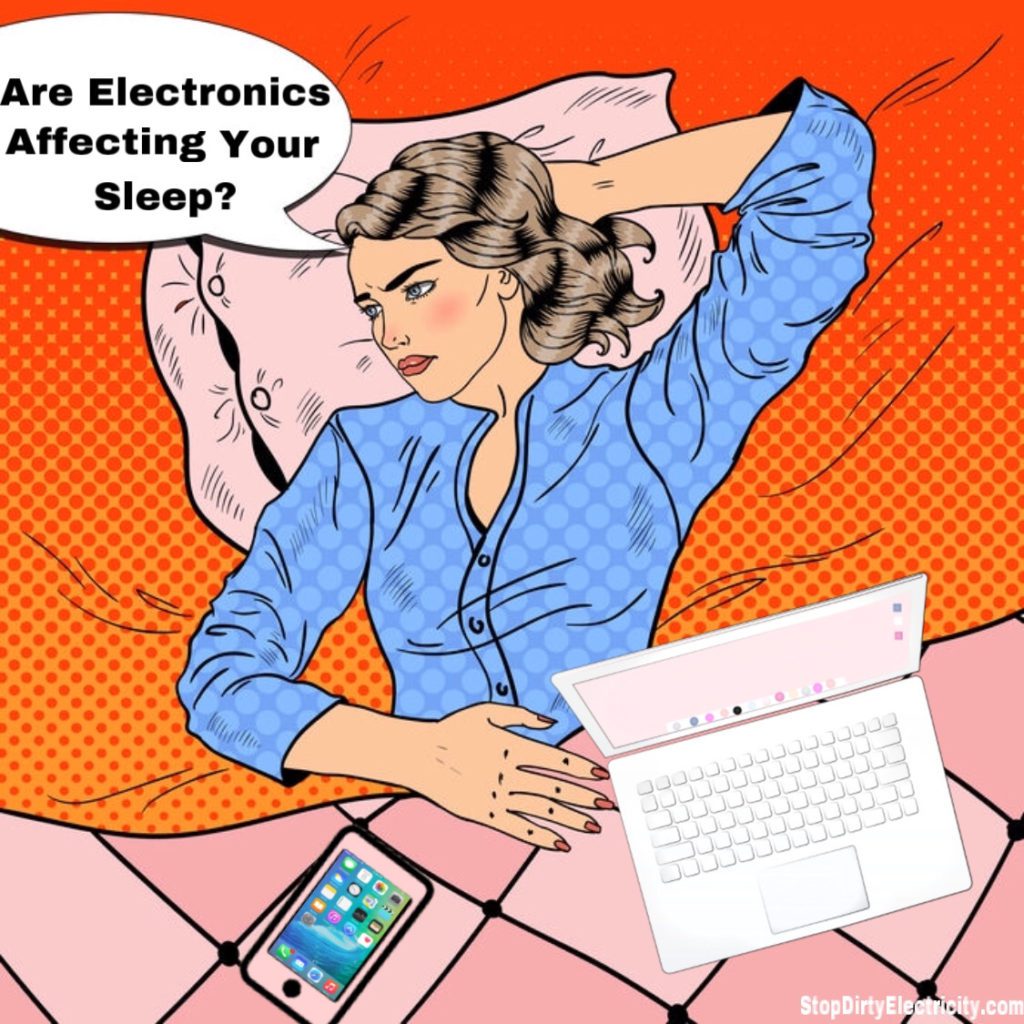
Electronics, Light and the Science of Sleep
There is robust scientific data documenting the role of light in promoting wakefulness. Photoreceptors in the retina sense light and dark, signaling our brain about the status of the outside world and aligning our circadian rhythms (centered in a small region of the hypothalamus called the suprachiasmatic nucleus) to the external day-night cycle. This signaling of light and dark helps us to be alert in the morning and be able to fall asleep at the appropriate time at night. The power of light as an alerting agent is easily conceptualized when we think of the sun, but may be more difficult to appreciate when considering the light emitted from a tablet or smartphone.
Nonetheless, careful studies have shown that even our small electronic devices emit sufficient light to miscue the brain and promote wakefulness. As adults we are subject to these influences and our children are particularly susceptible.
Children, Electronics and Sleep
The increasing prevalence of electronics in children’s bedrooms creates a culture of evening engagement and light exposure that negatively impacts sleep time, sleep quality and daytime alertness. Literature shows that:
- Children using electronic media as a sleep aid to relax at night have been shown to have later weekday bedtimes, experience fewer hours of sleep per week and report more daytime sleepiness.
- Adolescents with a bedroom television have later bedtimes, more difficulty initiating sleep and shorter total sleep times.
- Texting and emailing after lights outs, even once per week, dramatically increases self-reported daytime sleepiness amongteens.
- Not all electronic usage is recreational as the burden of homework is great for many of our children and their work is often completed on the computer, a significant light source late in the evening.
- Increased academic demands, busy social and extracurricular schedules and the lure of entertainment conspire to keep our children electronically engaged at night.
Many children are not fulfilling basic sleep requirements and adequate sleep is essential for growth, learning, mood, creativity and weight control. Understanding the influence of light and evening engagement on sleep is the first step in helping parents address the dilemma of electronics in the bedroom.

